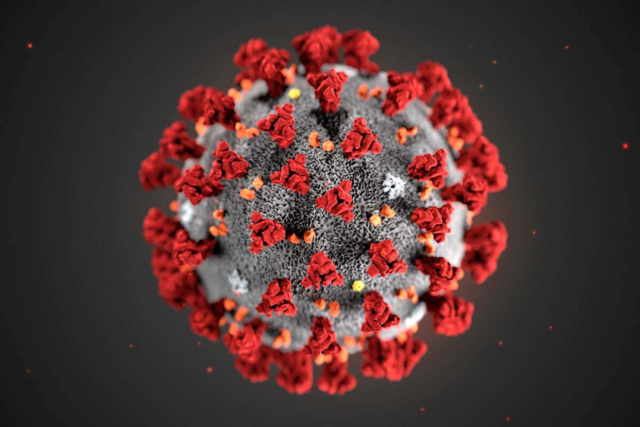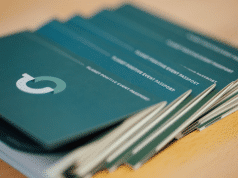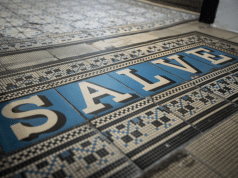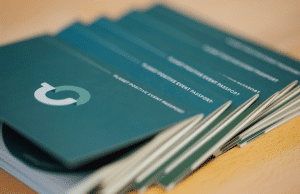The coronavirus crisis has taken centre stage everywhere around the world and each country is doing its best to deal with the virus and prevent it from spreading while also keeping the economy afloat. Recently, the Deep Knowledge Group, a consortium for scientific research and analytics, has published a COVID-19 safety ranking per country, illustrating how countries measure against each other on advanced analytical frameworks. It is an interesting study on how countries around the world are dealing with the coronavirus crisis that provides an objective picture of the validity of individual strategies.
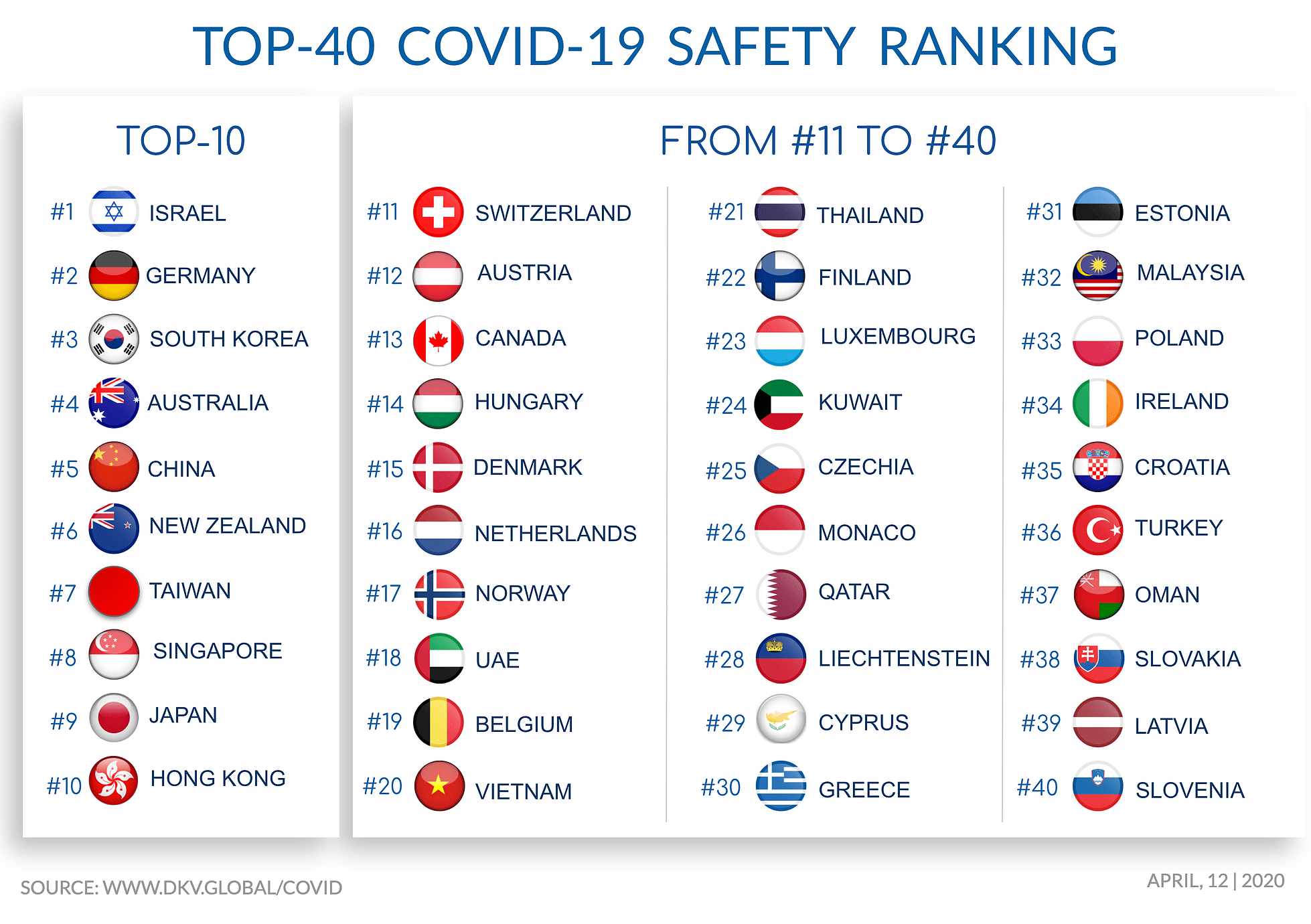
Organizations such as WHO, Johns Hopkins University, CDC, and Worldometers are providing important coronavirus-related statistics daily, but the data lacks an in-depth analysis to provide valuable insights. The Deep Knowledge Group has decided that the situation calls for open-source COVID-19 analytics, to provide the public with factual and unbiased information. The rankings are supplied free of charge to provide governments, decision-makers, and the general public with data-driven insights, which could help improve economic, societal and geopolitical stability.
Many governments have found themselves in completely uncharted territory, experiencing a pandemic for the first time in their lifetime. They are working tirelessly to construct the magic combination of rules and regulations that will secure the citizens to the highest possible degree while not crossing the line of human rights and hopelessly hampering the economy. At first, it was more or less a guessing game, comparing the results mostly by the ever-increasing coronavirus-related death toll. Now the Deep Knowledge Group has evaluated the countries using 24 specific parameters in 4 distinct categories: Quarantine Efficiency, Government Management Efficiency, Monitoring and Detection, and Emergency Treatment Readiness.
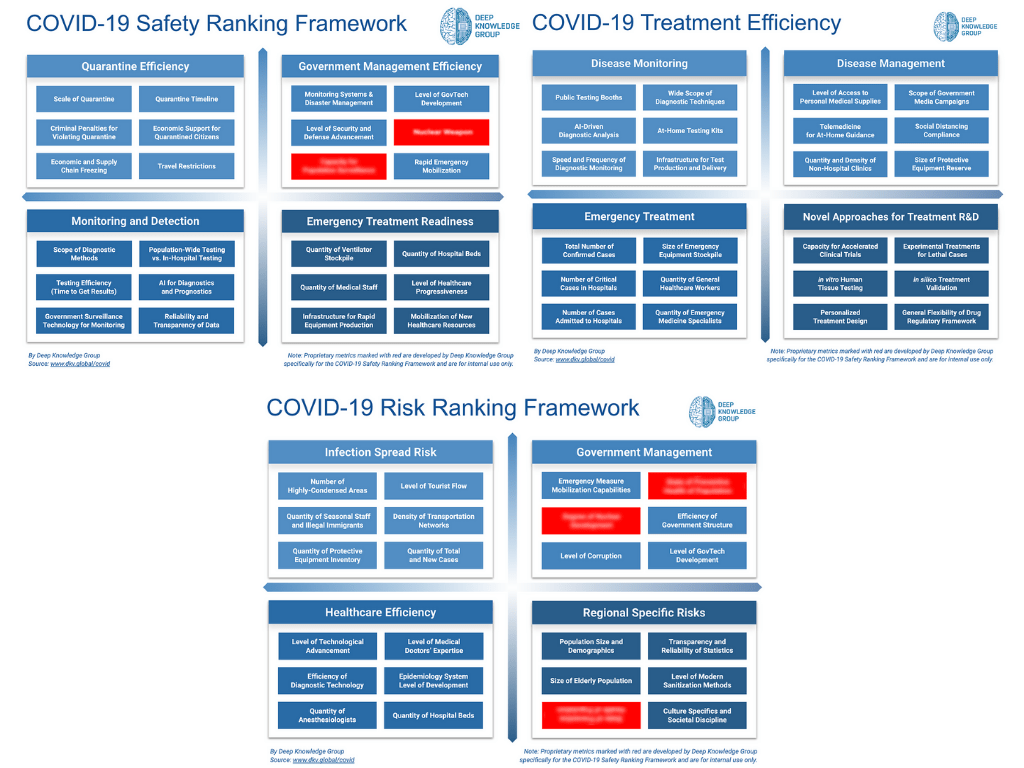
Then, which are the best countries to protect yourself from the coronavirus? Actually, it is not that simple. The Safety and Risk Rankings take into account protection from COVID-19 infection, mortality and negative patient outcomes, metrics on quarantining and infection monitoring, detection, and management, and safety and stability in the broadest sense, including protection from extreme negative outcomes as a result of the pandemic beyond health.
This is how we can explain why, for example, Slovenia, who prides itself on being one of the European countries with the lowest COVID-19 associated death rate and having a fairly low percentage of the infected population is only ranking 40th. Looking at this specific case, we can see that treatment efficiency is high, as is the economic support for quarantined citizens, but it scored much lower on travel restrictions and the scale of quarantine. Israel and Germany, taking the top two spots on the ranking, have both reacted quickly to the crisis by deploying quarantine measures early, expanding their medical facilities and using efficient methods for treating hospitalized patients, but having kept the life of their citizens as normal as possible.
An additional, Europe-specific ranking was designed explicitly for the unique circumstances in Europe. The COVID-19 Eurozone Safety/Risk Ranking Framework applies special attention to the highly interconnected economies, high levels of supply-chain, tourist flow, and the occurrence of critical hotspots. Here, countries that are more self-sufficient rank higher than those more dependent on import from the more affected zones. We see that Germany is taking the top position again, followed by mostly Northern European countries, who have a predominantly supplier role.
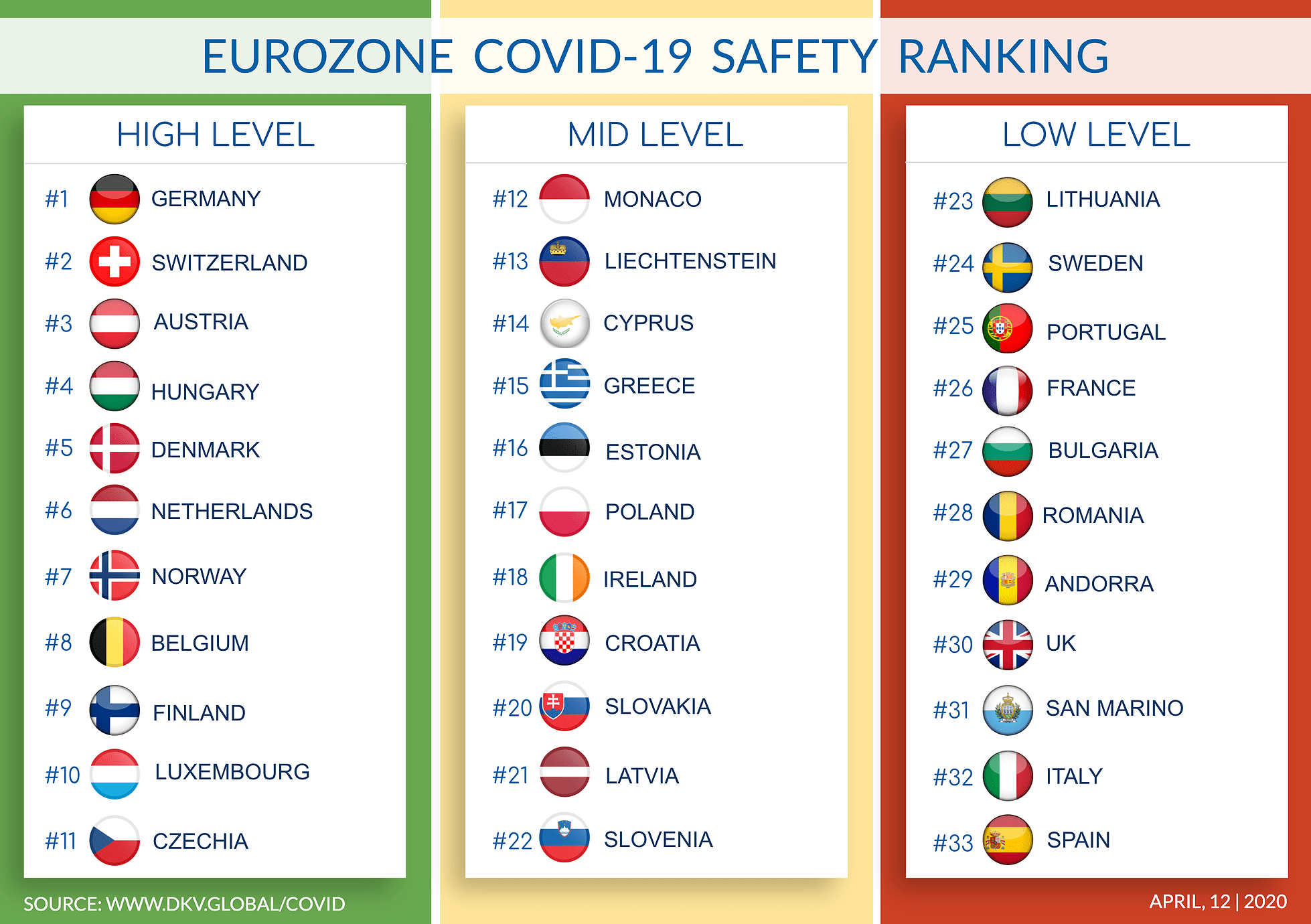
All in all, the rankings are a great unbiased tool that business and governments can use in aid of effective decision making to maximize health, stabilize the economy, and help communities reopen for business. The Deep Knowledge Group announced they will continually update and adjust the methodology over the next few months to reflect the actual situation. It is immensely important for everyone to react with an agile and flexible approach by monitoring the situation and proceeding in the right direction.


